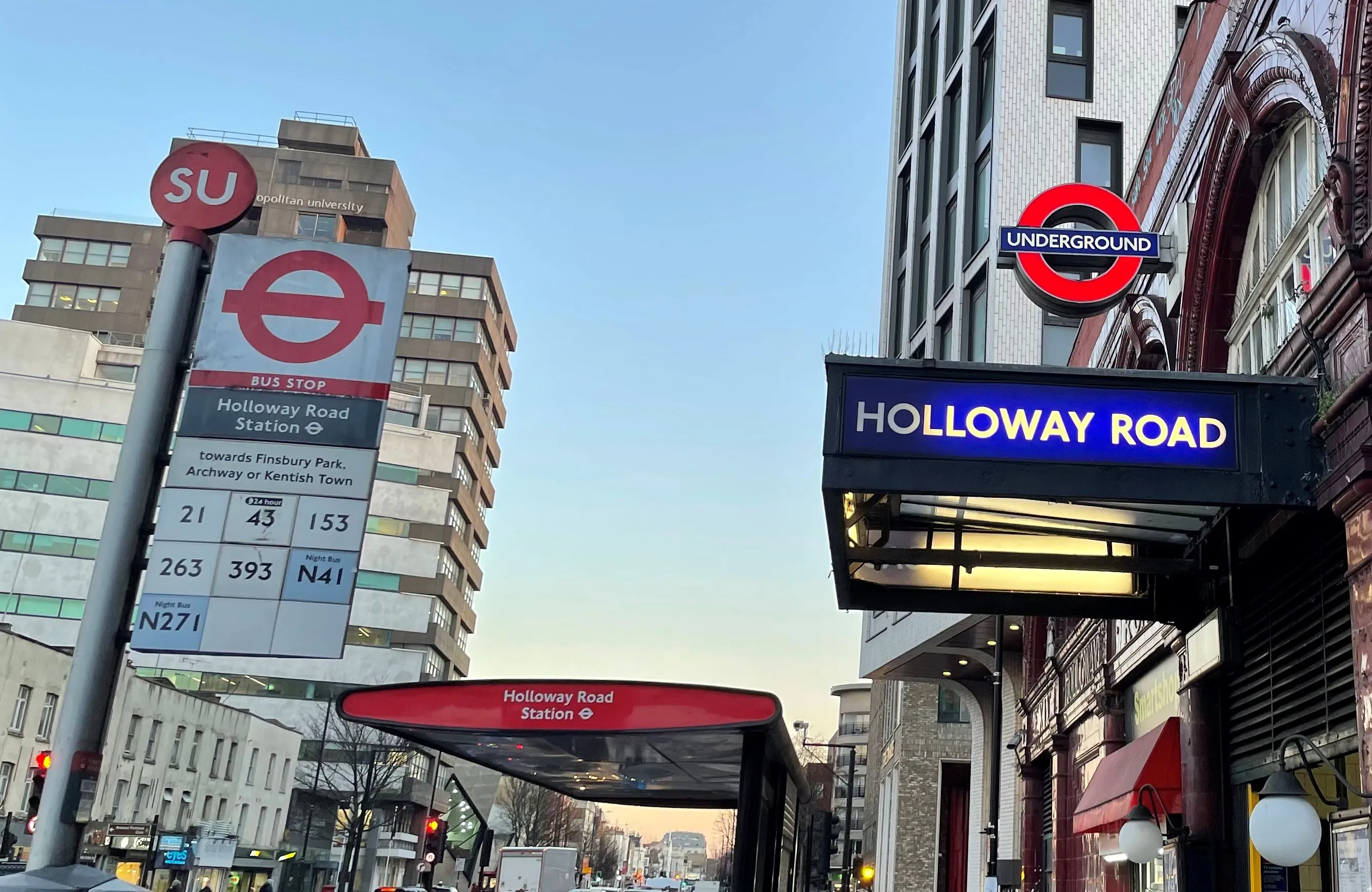Cubic Transportation Systems (CTS) is to install mobile validators on the Minneapolis Metro Transit bus fleet to replace previous card validators used in the Go-To smart card system.
The state-of-good-repair project was awarded under a US$5 million contract. The new validators meet Europay, MasterCard and Visa (EMV) compliance and include the capability of adding technologies in the future such as NFC-mobile payments, open payments and account-based processing.
Metro Transit ordered more than 2,000
February 25, 2016
Read time: 2 mins
The state-of-good-repair project was awarded under a US$5 million contract. The new validators meet Europay, MasterCard and Visa (EMV) compliance and include the capability of adding technologies in the future such as NFC-mobile payments, open payments and account-based processing.
Metro Transit ordered more than 2,000 mobile validators to replace their legacy card validators, including an initial 500 units installed on Metro Mobility buses last year. The success of that project, which for the first time brought smart card capability to the paratransit service, led to Metro Transit ordering an additional 1,600 validators to be installed across their entire bus fleet.
“Through this state-of-good-repair project, we will be able to replace all regional Go-To card validators with mobile validators enabling us to upgrade our technology both efficiently and cost effectively,” said Nicholas Eull, senior management of revenue operations, Metro Transit. “It will also allow us to take advantage of new technologies in the coming years.
“Cubic’s mobile validators are part of our product path to smart travel for our bus customers,” said Matt Newsome, senior vice president and general manager, Americas, Cubic Transportation Systems. “We look forward to continuing our relationship with Metro Transit and ensuring customer satisfaction through speedy and convenient transit payment, which Go-To Card customers have come to expect.”








